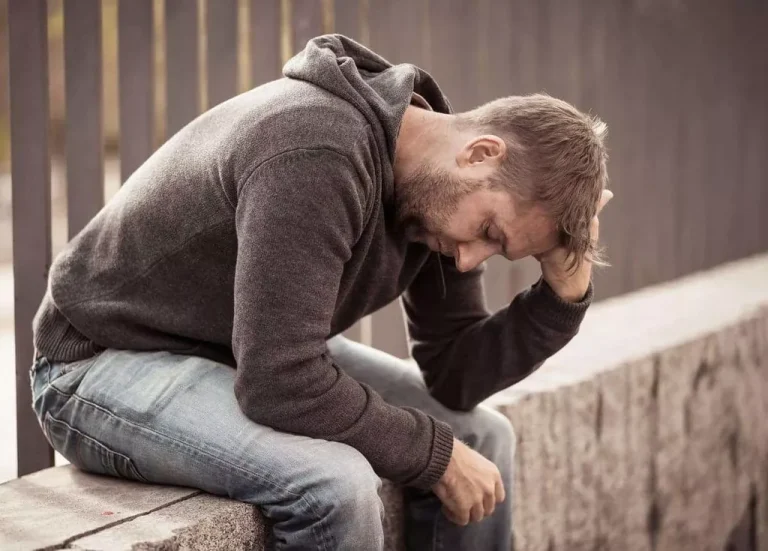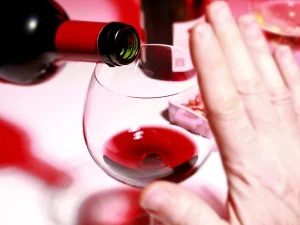
There are numerous reasons why you may want to avoid alcohol. Whether it’s to improve your physical health or state of mind, it can be beneficial to explore the role alcohol plays in your sober alcoholic meaning life. Triggers for using drugs and alcohol typically are people, places, and things that remind you of your addictive behavior or encourage the use of substances you’re avoiding.

What Is Sobriety, Anyway?
Feeling guilty or ashamed of past behavior or actions during active addiction is natural and healthy. A structured routine will help you achieve other goals in your life, whether they are short-term (like being on time for work) or long-term (like going back to school and changing careers). A mental health professional can help you cope with some of the challenges you’ll face on your path to sobriety. If PAWS is severe or if you’re experiencing prolonged symptoms, a medical professional can help you work through them and remain in recovery without relapse. The more tools you have for identifying triggers, coping with stress, and managing your new sober life, the easier you’ll prevent relapse. Sleep also helps restore the body’s ability to get alcohol out of the system.

What is Sobriety? Defining & Navigating Lifelong Commitment
It can be a good replacement for the release of endorphins caused by drinking alcohol. If you are invited to a bar or restaurant for a social gathering and want to take this approach to being sober curious, try to only attend events at places where alcohol isn’t the main focus. Drinking alcohol can be fine in moderation for some people, but alcohol misuse or alcohol use disorder can lead to health issues and personal and professional problems.
Products & Services

Cindy and her incomparable team aid individuals in remaining free from the shackles of active drug and alcohol addiction, as well as other co-occurring self-harming actions and disorders. Part of a recovery coach’s role is facilitating positive change in the client’s life. This can happen through setting goals, outlining actionable steps, providing support, and strengthening necessary tools for a healthier mind and body. In the early days, I felt that it was my responsibility to answer the question, “How come you aren’t drinking?
- Perhaps your school performance has declined and you’re in danger of failing or you’ve been missing so many classes because you’ve been hungover that you can’t catch up.
- Knowing relapse signs can help you recognize your risk of relapse, and they may include a return to addictive thinking patterns and compulsive behaviors.
- Email her at Follow her on Instagram, Threads and X (Twitter) @forbesfineest.
- Establishing a routine with regular sleep and support group attendance can reduce stress and help you stay sober.
- When you drink, try to have a meal or snack before having a cocktail or have a glass of wine with a meal, which will slow absorption of alcohol, Weaver says.
- And keep your schedule loose enough that you have time for group meetings and other things that can help you through rough stretches.
- It can be a challenging journey that causes withdrawal symptoms and requires emotional and sometimes medical support.
- Their process of getting sober will depend on numerous factors, including the severity of drug or alcohol use disorder and long-term goals of sobriety.
This isn’t to say that all of your friends will be threatened, or that all of your friendships will change. Some will certainly remain, but even those aren’t necessarily long-game friendships. Sobriety is kind of like the fast-pass line at Disneyland, except the ride is growing up. So if all of your friends drink alongside you, then there’s no issue, right?
FOURTH OF JULY SPECIAL
It addresses all areas of a person’s alcohol or drug addiction. During inpatient rehab, patients live in substance-free treatment facilities. Many people with alcohol problems and their family members find that participating in support groups is an essential part of coping with the disease, preventing or dealing with relapses, and staying sober. Your health care provider or counselor can suggest a support group.
- If you’re questioning the role alcohol plays in your life, you might be curious about what it’s like to lead a “sober life” without alcohol.
- A new report from the World Health Organization (WHO) highlights that 2.6 million deaths per year were attributable to alcohol consumption, accounting for 4.7% of all deaths, and 0.6 million deaths to psychoactive drug use.
- Financial troubles and problems finding and keeping employment are major triggers for relapse, but it is possible to take baby steps and get your finances in order.
- People in recovery from a substance use disorder frequently have problems meeting work-related responsibilities, maintaining employment, and managing money.
- Strictly speaking, sobriety is the state of being sober—not being under the influence of alcohol or drugs.
What Causes Dry Drunk Syndrome?
Getting sober is when someone stops using an intoxicating substance. It can include a medically supervised detox, various forms of treatment including therapy and 12-step programs, and calling https://ecosoberhouse.com/article/alcohol-intolerance-symptoms-and-causes/ upon family, friends, and professionals for additional support. Some people may find that wearable devices and smartphone apps can support their recovery from alcohol use disorder.
Aftercare programs for addiction recovery
The abstinence stage typically begins right after you stop drinking. It shows the percentage of alcohol weight in 100 milliliters of blood. For example, a BAC of 0.10 means that 0.1% of your bloodstream is comprised of alcohol. Blood tests and breath alcohol analyzer devices, such as the Breathalyzer, can measure your BAC, which directly correlates to your level of intoxication.